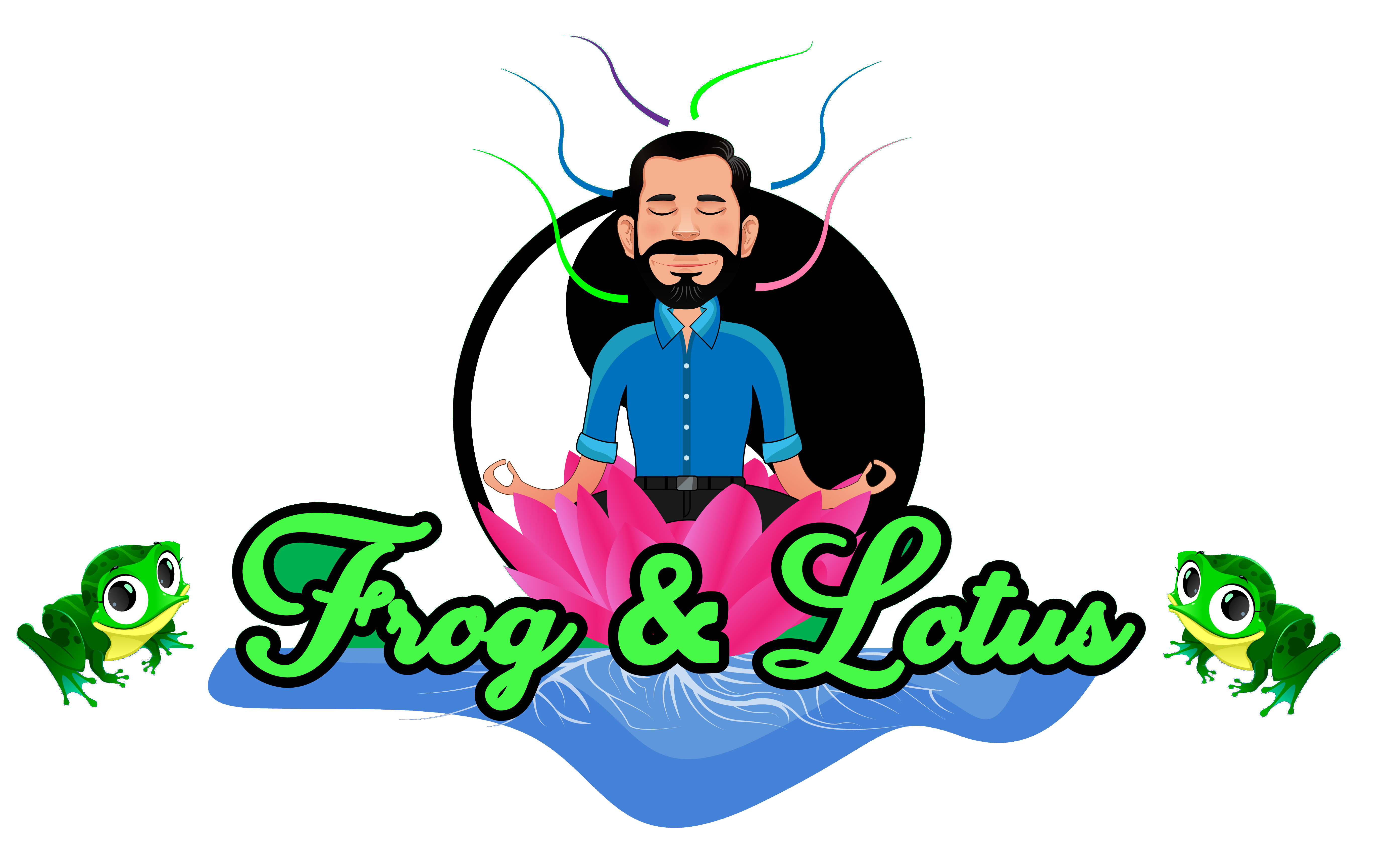I would like to think that as I travel this path towards personal mastery, I am getting better at becoming aware of my thoughts and recognizing limiting beliefs. If I could just do these things, I can make positive changes to increase my level of consciousness and experience increased levels of peace and joy. But then, a simple thing like the weather steps in to show me that I need a lot more practice than I thought.
Over the past couple of months, I’ve noticed that my state of mind has been a bit lethargic, and I’ve been lacking energy, enthusiasm and optimism. It has been consistently cold, cloudy and rainy lately; typical weather for the end of February. But then as March arrived here in Charlotte, North Carolina we’ve started to see the sun, the blue sky and really pleasant temperatures. In the past few days, stepping outside and feeling the warmth of the sun on my face has been amazing after all the cold and gray. My mood changed almost immediately. This makes perfect sense! Rainy, cold weather is unpleasant. It makes you want to lay around and binge watch shows or just stay in bed. When the sun comes out, the comfortable feelings that come with it make us want to get outside. The sun, the warmth and the colors are energizing.
When this mood change occurred in me last week, I started to question the work I’ve been doing as part of this blog. Is my mood really dependent on the weather? Or can I experience cold rain and warm sunshine while maintaining the same state of mind? I have been known to don a rain jacket and go for a morning run in nasty conditions just to prove to myself that I’m not going to let weather stop me. But I have to admit, that’s a lot harder than running in beautiful, comfortable weather. Maybe it’s time to just accept that the weather does control our state of mind and just be more accepting of myself when I decide to spend a rainy day on the couch. You can’t fight nature, right?
I voiced this new theory to my friend, Dr. Mardoche Sidor, who happens to be a Harvard trained psychiatrist. He squashed my theory in a matter of seconds. Mardoche reminded me that from a standpoint of neuroscience our bodies experience body sensations which cause feelings. Those feelings lead to thoughts. He said that chronic thoughts, those that we experience over and over, then become beliefs. Everything we experience in our conscious reality is based on thought and that includes judgments. My skin senses exposure to cold rain which sends a signal to my brain and creates a feeling. Thought follows, likely in the form of a judgment which says, “Yikes, that’s cold and uncomfortable. Bad!” Over time, the idea of bad weather becomes a belief. The opposite is true when we judge warm sunshine as good.
The trouble is that beliefs such as good versus bad are very, very deep and form a basis for dualistic thinking. We’ve been holding on to these ideas for a long time and they may have even been handed down to us through our ancestors over generations. It is possible to unwind these beliefs, but it takes a seriously intense amount of practice. There are plenty of examples of people who have done this. “The Iceman,” Wim Hof, has trained his body and mind to withstand freezing cold temperatures. He is credited with a number of amazing feats, has set records, and now teaches others about controlling their bodies through the power of intense thought control.
Everyone has the capacity to unwind deeply rooted, limiting beliefs. But not everyone has the desire nor the will to try. For those that do, it starts with becoming aware of our thoughts and acknowledging that we are responsible for giving meaning to them, or not. We have the power to decide not to identify with a thought and the ability to simply let it go. I’m not sure I care to learn how to swim underneath artic ice with my eyes wide open, but it would be nice to maintain a more stable motivated and enthusiastic state of mind in rain or shine. I’m willing to give it a shot. How about you? Do you also carry a belief that your mood is dependent on the weather?
Photo by Rhendi Rukmana on Unsplash


